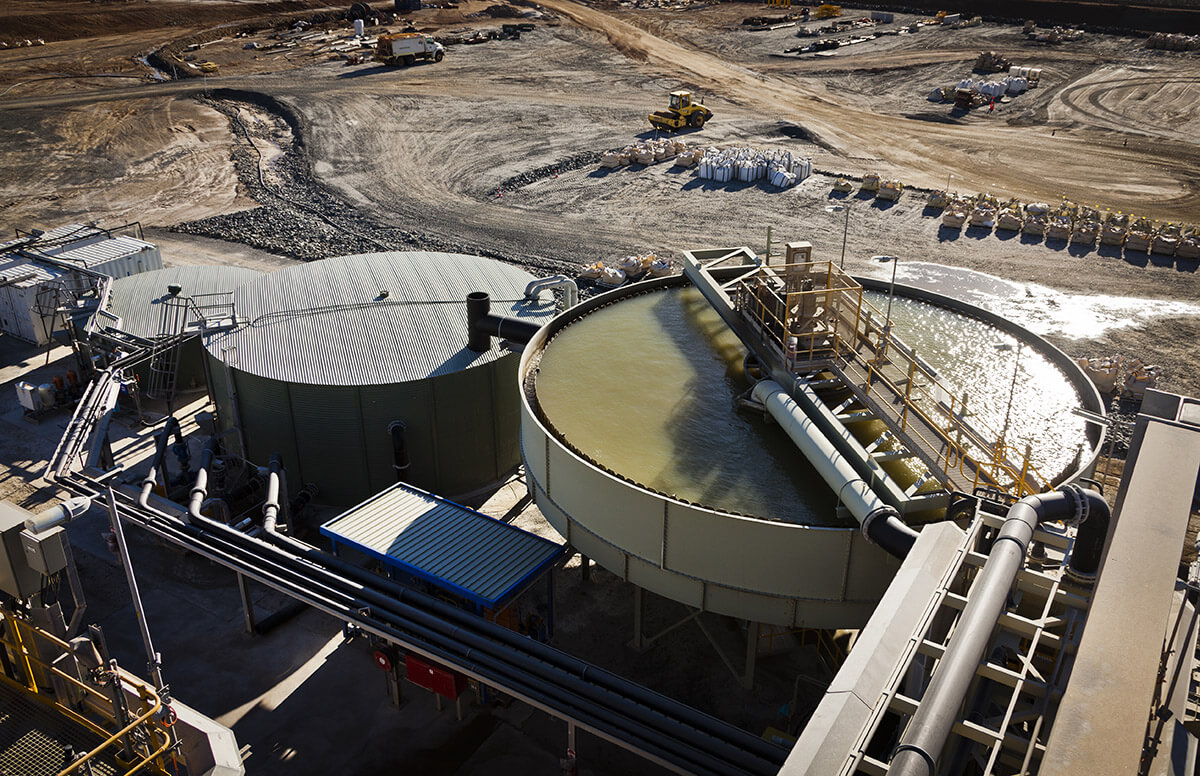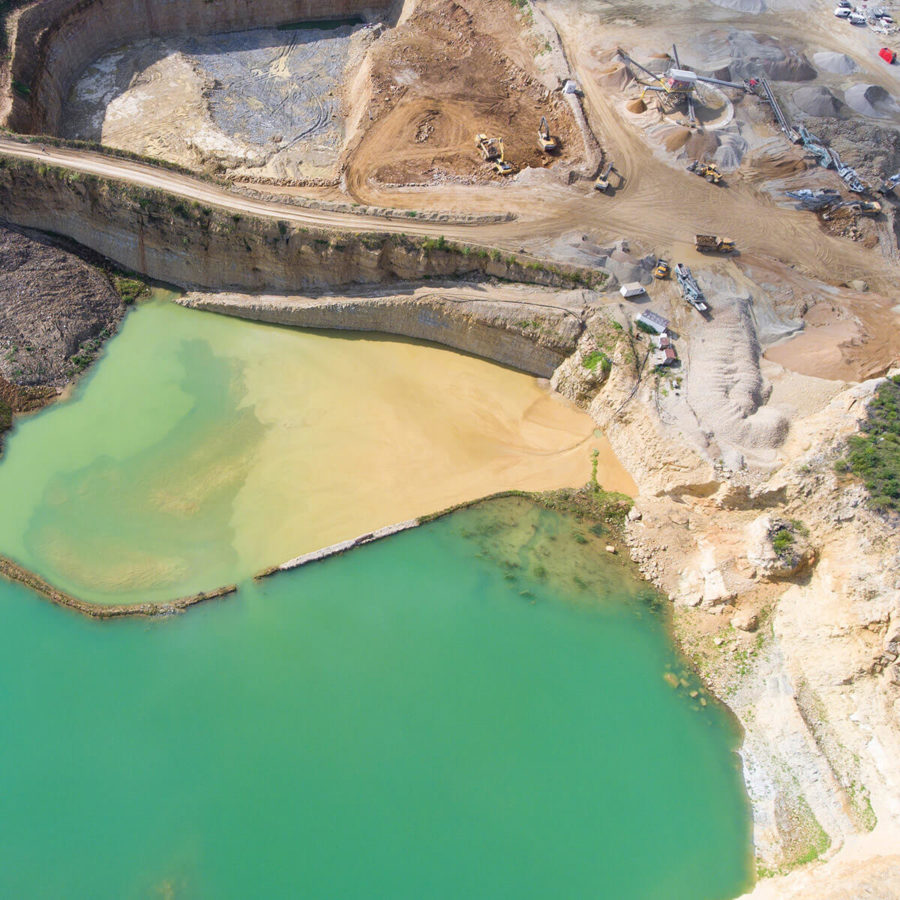A recent study by scientists at King Abdullah University of Science and Technology (KAUST), published in the journal Science, developed a new technology for directly extracting lithium from brine in oil fields and seawater, where lithium is present in extremely low concentrations.
Professor Zhiping Lai, co-chair of the KAUST Center of Excellence for Renewable Energy and Storage Technologies and a lead researcher at the project, noted that this advancement could create new value in the fields of oil, mining, and geothermal energy, especially in areas where the produced water is typically regarded as waste. Brine and seawater are estimated to contain lithium reserves over 10,000 times more than is currently available and the ability to extract lithium from brine could potentially transform Saudi Arabia from an importer to a producer.
According to Al-Arabiya, KAUST’s startup Lihytech, co-founded by Lai and Professor Kuo-Wei (Andy) Huang, has secured $6 million in initial funding from the Saudi mining giant Ma’aden and the KAUST Innovation Fund. Aramco will continue to provide brine from its oilfields to help test and scale the lithium-extraction process. “Our goal is to establish a full-scale production and operation and generate significant lithium output within Saudi Arabia by 2028,” Huang said.










